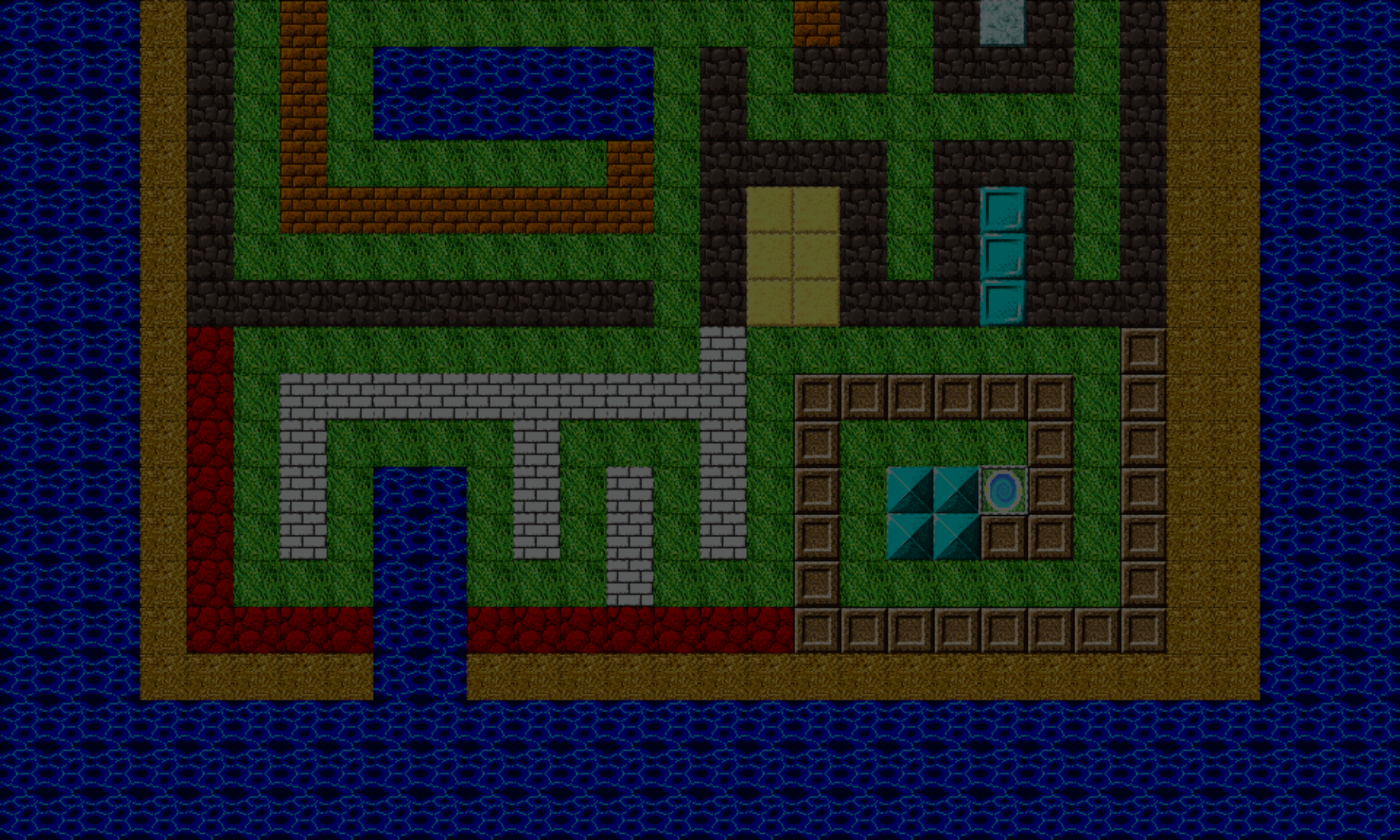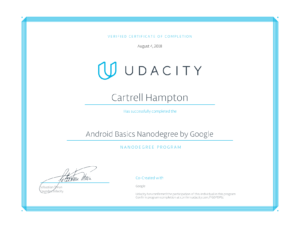Hey guys.
No updates for Thunderjack! in this post, but they’ll be back soon.
This post, I wanted to take some time to reiterate why I created this website.
I previously mentioned in my article, The “Taking Control Of Your Life” Contract, that I’ve been following John Sonmez for a while now. He is the founder of Simple Programmer, a company that helps software developers improve themselves, both professionally, and personally.
In efforts to improve my career as a freelance gameplay programmer, I found John Sonmez, SP, and his free course on creating a blog. This inspired me to go, “You know what? Fuck it. I’m gonna take the plunge, start start this blog, and see what happens”. 😠
It’s a five-part course that goes over several topics, such as getting set up with web hosting, choosing a theme, coming up with post ideas, and a very important aspect, remaining consistent. The course is split up into sections, and each section contains actionable to-do items that break down the process of getting started.
Staying consistent in keeping your blog updated at some regular interval is so important and is . I’ve made a commitment to one post per week. Occasionally, I can squeeze two in there, but as long as I can post at least once, I’m fine.
At the end of the course, John would like you to share his free course, and talk about it on your blog. Hence this article ✔
If you’re a software developer of any kind, and you do not have a blog, I invite you to consider starting one. A blog can help with improving your job opportunities, get your name out there, and establish yourself as an authority in your area of expertise. It will take time (think years). It won’t be a success overnight, and there are no guarantees that anything will happen.
John has one of many videos about blogging:
Finally, on a side note, John also has a book out called Soft Skills, which is a book that helps you to improve on that that – your soft skills. It covers topis like marketing yourself, learning how to learn, improving your career, productivity, and even fitness, finances, and spiritual balance. While the book is geared towards software developers, anyone can read this book. It’s an awesome book; I highly recommended it.
Well that’s it for this article. Look forward to additional on developing those soft skills.
Thanks for your continued support. I’ll talk to you next time. Take care.
– C. out.


